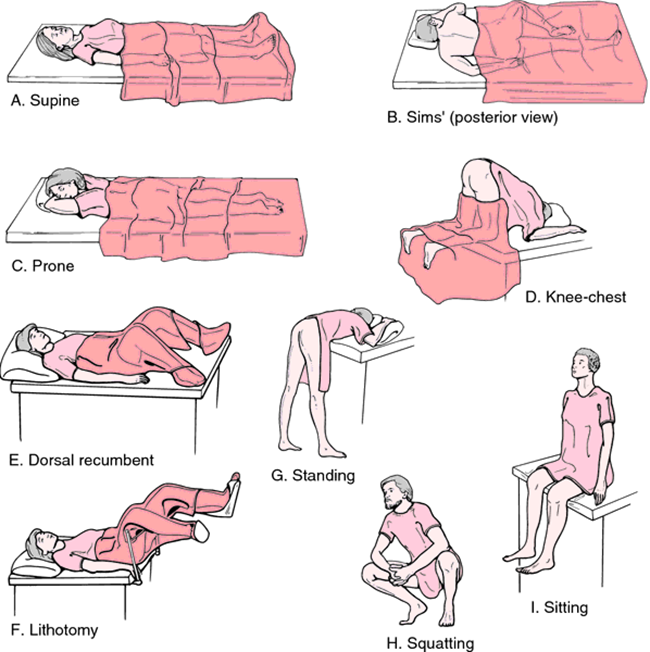A nurse is assessing a 12-month-old infant who is brought to the clinic by the parents for a well-child visit. The nurse reviews the infant's health history and notes that the infant weighed 8 lb at birth. When assessing the infant's weight at this visit, the nurse would anticipate that the infant would weigh approximately how much at this time?
20
32
24
16
The Correct Answer is C
A. 20 lbs: This is a plausible estimate. By 12 months, an infant's birth weight typically triples. Therefore, an 8 lb birth weight would approximately translate to 24 lbs at 12 months.
B. 32 lbs: This estimate is too high. If an infant's birth weight triples by 12 months, an 8 lb birth weight would not be expected to reach 32 lbs.
C. 24 lbs: An infant's weight usually triples by their first birthday. Therefore, an infant born weighing 8 lbs would be expected to weigh about 24 lbs at 12 months.
D. 16 lbs: This is an underestimate. An 8 lb infant would double their birth weight by about 4 to 6 months, and by 12 months, they would typically have tripled their birth weight to around 24 lbs.
Nursing Test Bank
Naxlex Comprehensive Predictor Exams
Related Questions
Correct Answer is C
Explanation
A. Lithotomy: The lithotomy position is primarily used for gynecological exams and procedures, where the client is lying on their back with legs elevated and supported. It is not appropriate for breast examination.
B. Sims: The Sims position, where the client is lying on their side with one knee bent, is typically used for rectal exams and certain types of enemas. It is not suitable for breast examination.
C. Supine: The supine position, where the client lies flat on their back, is the most appropriate for breast examination. This position allows for better palpation and inspection of the breasts and facilitates a thorough examination.
D. Prone: The prone position involves lying face down. This position does not provide access to the breasts and is not used for breast examination.

Correct Answer is A
Explanation
A. Emergency: This type of assessment is rapid and focuses on identifying and treating life-threatening conditions immediately, such as profuse bleeding from a stab wound.
B. Time-lapse: This assessment compares current client data to previous data to assess progress, which is not appropriate for an acute, life-threatening situation.
C. Focused: While this is a detailed assessment of a specific problem area, an emergency assessment is needed first for immediate threats to life.
D. Initial: This is a comprehensive assessment typically conducted when a client first enters a healthcare setting, but in an emergency, the focus shifts to immediate life-saving measures.
Whether you are a student looking to ace your exams or a practicing nurse seeking to enhance your expertise , our nursing education contents will empower you with the confidence and competence to make a difference in the lives of patients and become a respected leader in the healthcare field.
Visit Naxlex, invest in your future and unlock endless possibilities with our unparalleled nursing education contents today
Report Wrong Answer on the Current Question
Do you disagree with the answer? If yes, what is your expected answer? Explain.
Kindly be descriptive with the issue you are facing.
